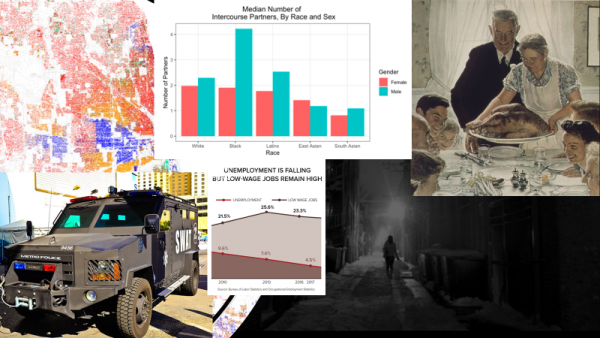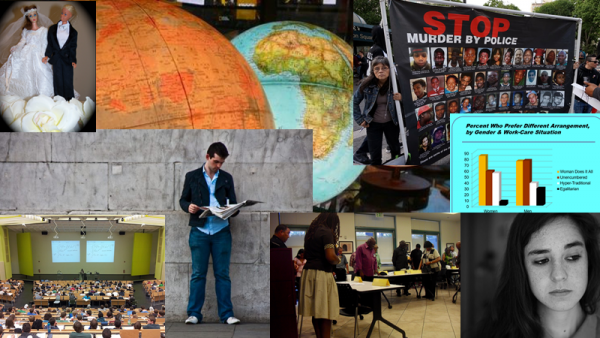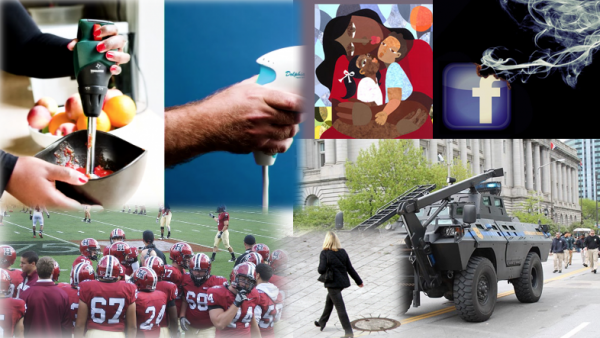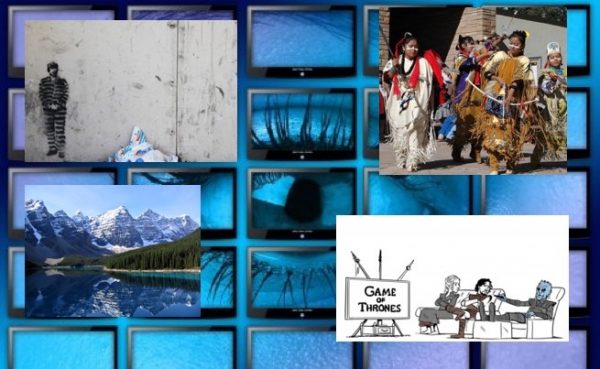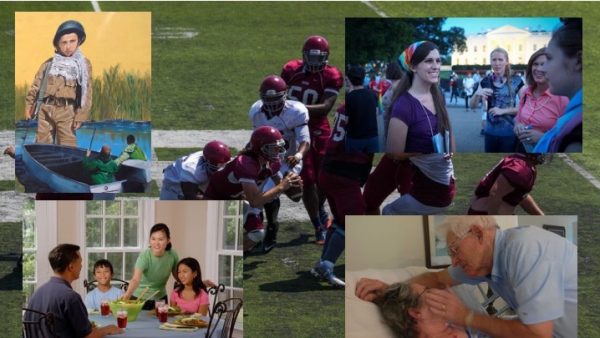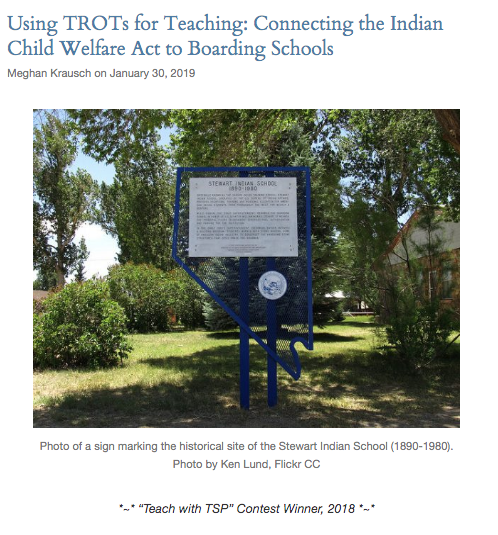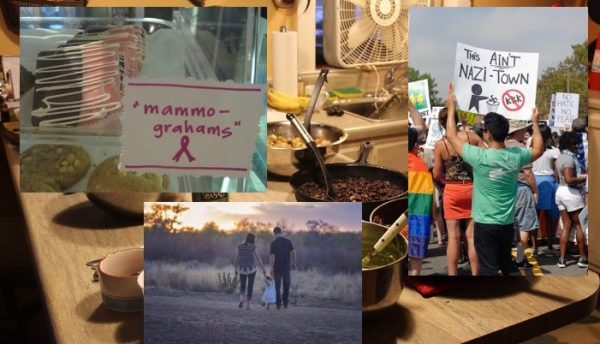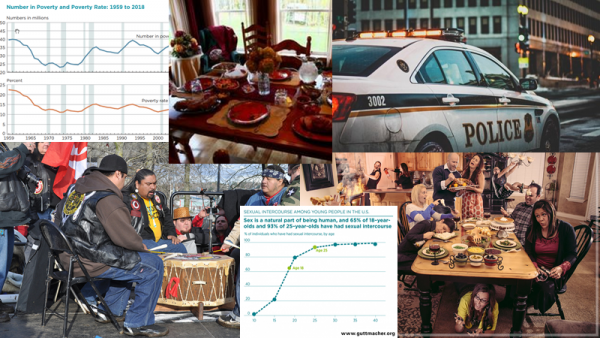
Welcome back! This week, we round up research on different understandings of virginity and the high costs imposed on the poor. We also bring back two classics from the archives: one features research on ways to engage in constructive conversations about political issues, and the other, a discussion of how who is allowed to claim an American Indian identity has changed over time.
There’s Research on That!:
“Virginity as a Social Construction” by Allison Nobles and Amber Joy Powell. We round up research on the different meanings of virginity and its loss and how many of these beliefs can have negative consequences for women and girls.
“Poverty is Expensive” by Allison Nobles. We gather research showing that, relative to their income, the poor pay far more for necessities like food and housing. Compounded by the burden of debt, these expenses adversely affect the lives of the poor in many ways.
From Our Partners:
Sociological Images:
“Cut the Turkey and Run” by Evan Stewart.
Council on Contemporary Families:
“Why we won’t call 911: Too often, police officers’ response to mental illness is deadly” by Stacy Torres.
From Our Archives:
There’s Research on That!:
“Table Talk for Thanksgiving” by the Grad Board. We provide research-backed suggestions for engaging with family members across the political aisle during holiday dinners.
Clippings:
“Measuring American Indian Identities” by Lucas Lynch. We recap an NPR conversation among social scientists about the changing criteria for establishing an American Indian identity.


